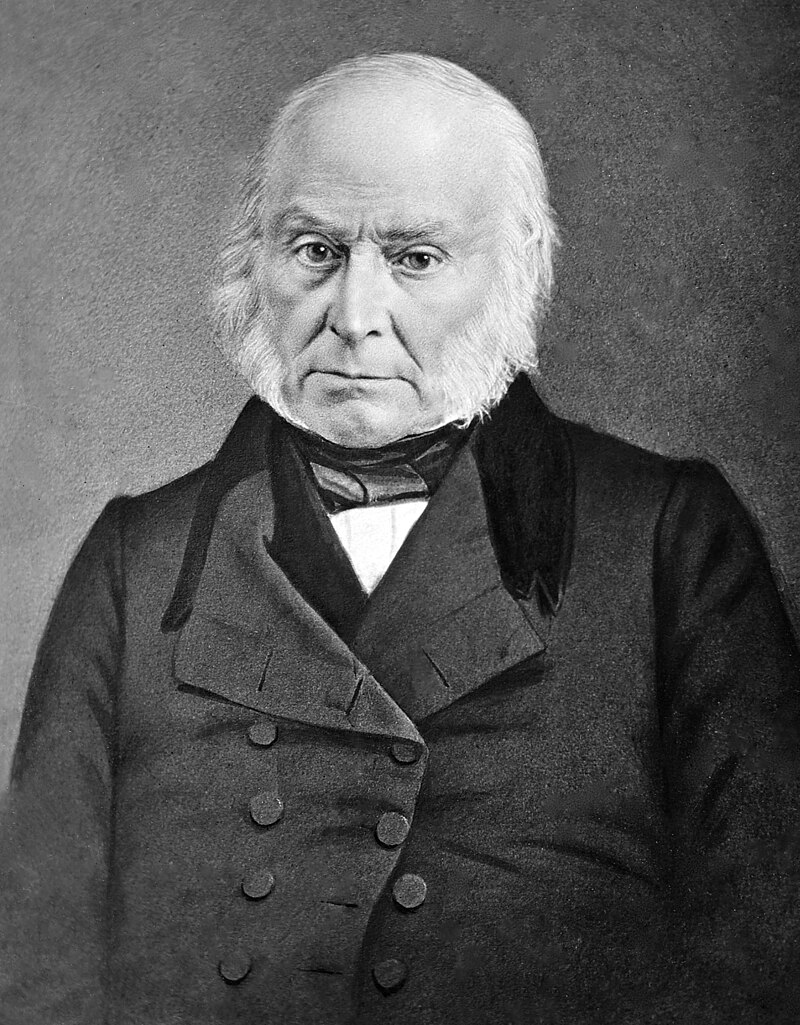Following his successful presidential term, John Quincy Adams gained political power again when he won the election for the House of Representatives on March 4, 1830, and resumed public office. This was a significant event in American history, marking the first time a former president had returned to the House of Representatives after his presidency. After his defeat by Andrew Jackson in the 1828 presidential race, he dedicated his political life to Congress service even though he lost. This unique position in American history made John Quincy Adams the first president to start his congressional career after the White House when he took the oath of office on March 4, 1831.
John Quincy Adams pursued a career in law and diplomacy. Before his career in Congress, he served two notable public positions: the presidency of the United States from 1825 to 1829 and a Massachusetts Senate term from 1803 until 1808. Following his unsuccessful reelection attempt, Adams entered political office in 1830, serving the Plymouth constituency of Massachusetts, which was a region in the southeastern part of the state. His advocacy revolved around national matters because he both advocated for civil liberties and fought against slavery during this period.
Adams’ legacy as a civil rights defender is one of his most significant contributions. While serving in Congress, he became one of the most outspoken opponents of slavery. His relentless efforts to repeal the ‘gag rule,’ enacted in 1836, which barred the House from considering petitions opposing slavery, is a testament to his commitment to civil rights. His powerful speeches opposing slavery earned him the nickname ‘Old Man Eloquent,’ a title reflecting his actions’ impact.
Adams’ decision to return to office demonstrated his conviction that serving the public service was a lifetime obligation. As a congressman, he promoted national unity, infrastructural development, and education. Until his passing, he continued to be a prominent political figure. Following a stroke, Adams passed out on the House floor on February 21, 1848. On February 23, 1848, he passed away in the US Capitol two days later. Future generations are still motivated by his legacy as an abolitionist, a lifetime public servant, and a principled politician.

